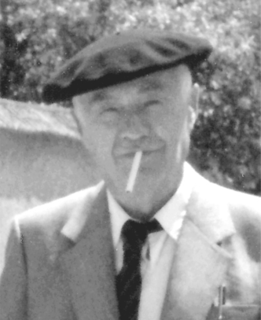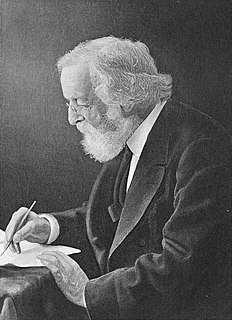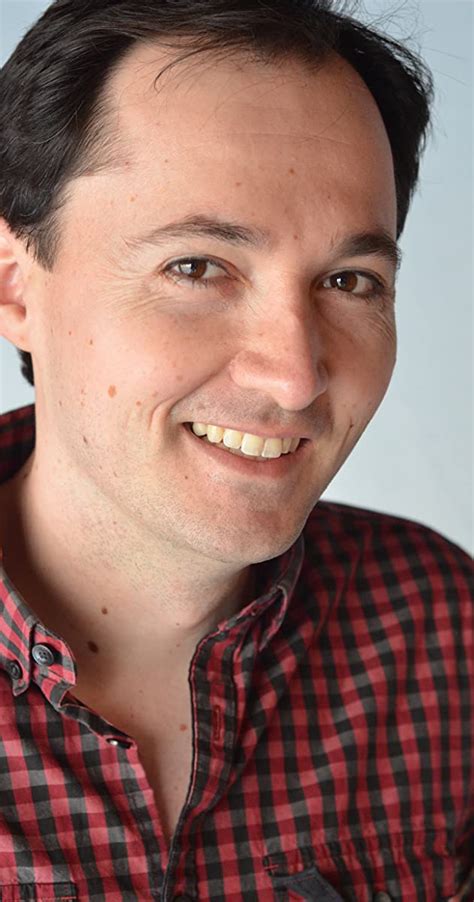A Quote by Mark Haddon
Every life is narrow. Our only escape is not to run away, but to learn to love the people we are and the world in which we find ourselves.
Related Quotes
You feel you are hedged in; you dream of escape; but beware of mirages. Do not run or fly away in order to get free: rather dig in the narrow place which has been given you; you will find God there and everything. God does not float on your horizon, he sleeps in your substance. Vanity runs, love digs. If you fly away from yourself, your prison will run with you and will close in because of the wind of your flight; if you go deep down into yourself it will disappear in paradise.
There are two basic motivating forces: fear and love. When we are afraid, we pull back from life. When we are in love, we open to all that life has to offer with passion, excitement, and acceptance. We need to learn to love ourselves first, in all our glory and our imperfections. If we cannot love ourselves, we cannot fully open to our ability to love others or our potential to create. Evolution and all hopes for a better world rest in the fearlessness and open-hearted vision of people who embrace life.
When we let go of our battles and open our heart to things as they are, then we come to rest in the present moment. This is the beginning and the end of spiritual practice. Only in this moment can we discover that which is timeless. Only here can we find the love that we seek. Love in the past is simply memory, and love in the future is fantasy. Only in the reality of the present can we love, can we awaken, can we find peace and understanding and connection with ourselves and the world.
There is provided an escape from the narrowness and poverty of the individual life, and the possibility of a life which is other and larger than our own, yet which is most truly our own. For, to be ourselves, we must be more than ourselves. What we call love is, in truth . . . the losing of our individual selves to gain a larger self.
God is good. He is eager to forgive. He wants us to perfect ourselves and maintain control of ourselves. He does not want Satan and others to control our lives. We must learn that keeping our Heavenly Father's commandments represents the only path to total control of ourselves, the only way to find joy, truth, and fulfillment in this life and in eternity.
There is nothing to learn about love. Everything is already there, in our genes, in our nature. We don't have to learn anything except what we invent in this world of illusion. We search for love outside ourselves when love is all around us. Love is everywhere, but we don't have the eyes to see...Your heart can create any amount of love, not just for yourself, but for the whole world. When we know that our heart is a magical kitchen, we are always generous and our love is completely unconditional.
There is only this now. It does not come from anywhere; it is not going anywhere. It is not permanent, but it is not impermanent. Though moving, it is always still. When we try to catch it, it seems to run away, and yet it is always here and there is no escape from it. And when we turn around to find the self which knows this moment, we find that it has vanished like the past.
Faced with today's problems and disappointments , many people will try to escape from their responsibility. Escape in selfishness, escape in sexual pleasure, escape in drugs, escape in violence, escape in indifference and cynical attitudes. I propose to you the option of love, which is the opposite of escape.
One of the strongest motives that leads men to art and science is escape from everyday life with its painful crudity and hopeless dreariness. Such men make this cosmos and its construction the pivot of their emotional life, in order to find the peace and security which they cannot find in the narrow whirlpool of personal experience.
The bonds between ourselves and another person exists only in our minds. Memory as it grows fainter loosens them, and notwithstanding the illusion by which we want to be duped and which, out of love, friendship, politeness, deference, duty, we dupe other people, we exist alone. Man is the creature who cannot escape from himself, who knows other people only in himself, and when he asserts the contrary, he is lying.
Life . . . is a joyful expression of love, praise and thanksgiving instead of a hopeless struggle which eventually ends in death. Giving thanks in every circumstance, we forego the logic and reason which asks, "Why me?" and open our hearts and learn to trust. Every obstacle becomes an occasion for rejoicing. We put love at the center of our universe and we are lifted beyond the world of limitation, doubt, and fear into the realm of love, hope, and eternal happiness.
A life of love is difficult, but it is not a bleak or unrewarding life. In fact, it is the only true human and happy life, for it is filled with concerns that are as deep as life, as wide as the whole world, and as far reaching as eternity. It is only when we have consented to love, and have agreed to forget ourselves, that we can find our fulfillment. This fulfillment will come unperceived and mysterious like the grace of God, but we will recognize it and it will be recognized in us.
If cynicism and love lie at opposite ends of a spectrum, do we not sometimes fall in love in order to escape the debilitating cynicism to which we are prone? Is there not in every coup de foudre a certain willful exaggeration of the qualities of the beloved, an exaggeration which distracts us from our habitual pessimism and focuses our energies on someone in whom we can believe in a way we have never believed in ourselves?







































